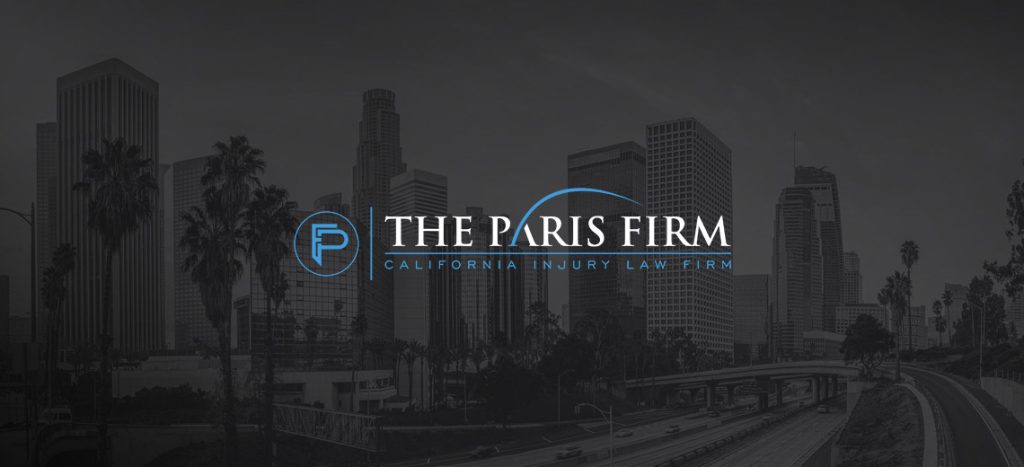As defined by the National Highway Traffic Safety Administration (NHTSA), aggressive driving is categorized as moving traffic violations that endanger property or other persons. Aggressive driving is dangerous and causes 56 percent of all car wrecks in the United States.
Typical actions that constitute aggressive driving are failure to yield, illegally passing, speeding, tailgating, ignoring traffic signs and signals, etc. These actions while behind the wheel directly lead to accidents on the roads, and accidents can result in catastrophic injury or even death.
Road Rage Goes a Step Further
And while many believe road rage stops at aggressive driving, it actually goes a step further. Road rage is considered an assault with a motor vehicle provoked by an incident that occurred on the road.
Examples of this could be a motorist hitting another vehicle with their car, running another motorist off the road, or even stopping their vehicle and getting out to engage in a physical confrontation. A motorist may end up committing road rage simply because another motorist cut them off, which really does not bode well for the road raging driver.
If caught committing road rage, which is considered a criminal offense, it can go punished by law. A motorist guilty of road rage should be held accountable for their actions, whether they remained in their vehicle or took it even further.
Chino Hills Lawyers Fight for Car Accident Victims
If you or a loved one has suffered a car accident or personal injury at the hands of a road-raged driver then you need expert legal counsel. An experienced car accident lawyer can help you receive maximum compensation for your losses.
In Chino Hills, California, the place to turn to is The Paris Firm. They have been helping clients get back other feet since 1994. They will hold responsible parties accountable for their negligent and aggressive actions.
Just fill out the online contact form to begin discussing your case today.
The articles on this blog are for informative purposes only and are no substitute for legal advice or an attorney-client relationship. If you are seeking legal advice, please contact our law firm directly.











